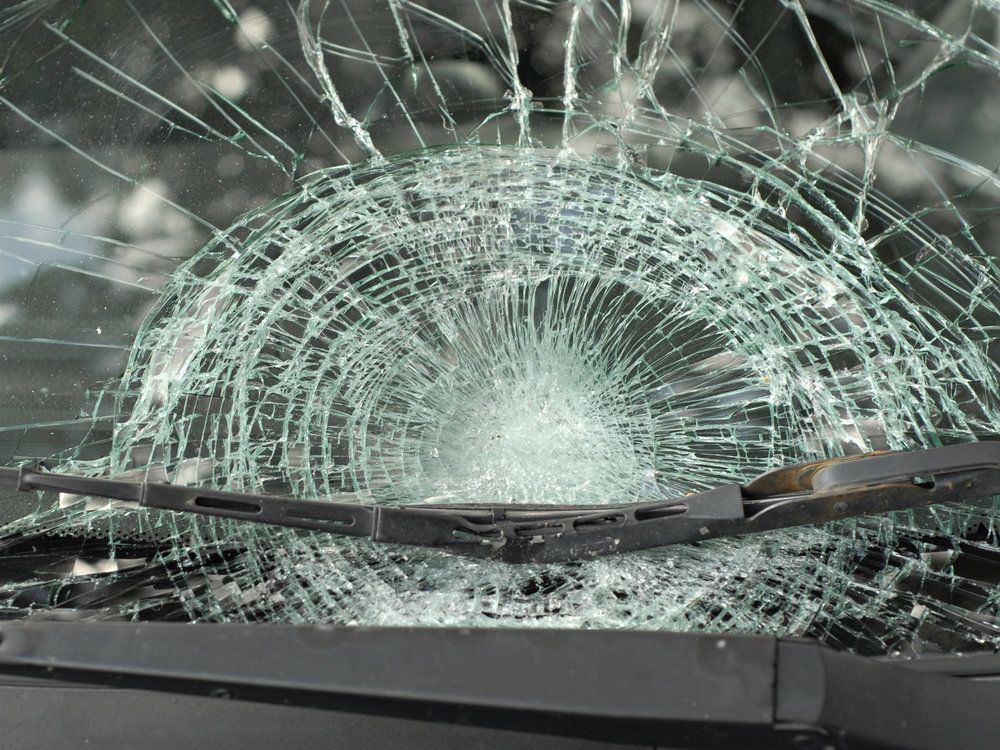Winters in Utah can be beautiful, especially for those who love skiing and other outdoor activities involving snow. However, for drivers, Utah winters can be nightmarish. Snowstorms and snow on the roads can dramatically increase the risk of serious and catastrophic auto accidents. Cars, trucks, vans, SUVs, motorcycles, and large commercial vehicles are all at the mercy of nature under such conditions, and nature is not always all that merciful.
Many victims of auto accidents wonder whether they have the ability to seek compensation for their losses and expenses if poor weather conditions such as snow contributed to their accident. The answer is, “it depends.” When it comes to evaluating cases involving auto accidents and snow, the Salt Lake City, UT personal injury attorneys of Flickinger Sutterfield & Boulton consider each individual case according to its own merits. Just as you would consult a doctor rather than diagnosing your own illness, you should always consult an experienced lawyer rather than trying to evaluate your own case.
If you have been injured in an auto accident caused by snow, we encourage you to contact our personal injury law firm for an evaluation of your case today. Our attorneys would be pleased to advise you of your legal rights and options.
Liability in Auto Accident Cases Involving Snow
It is important to note that the contents of this blog post are not intended as legal advice. We cannot provide advice on your particular case without knowing the exact circumstances surrounding your accident, your injuries, and other particulars.
In general, however, weather is rarely the sole cause of a multi-vehicle auto accident. Snow might – and often does – contribute to such accidents, but it is rarely the exclusive cause. Usually, when two or more vehicles collide, fault can be attributed at least to some degree to the driver of one of the vehicles, even if other factors such as snow came into play.
As drivers, each of us owes the drivers and occupants of other vehicles on the road a duty of care. This duty of care is a somewhat fluid thing; it is generally defined by the rules of the road, but common sense, reason, and the unique circumstances of a given situation also help to define that duty.
For example, the speed limit on a certain road helps to establish part of a driver’s duty of care to others on that road. However, when there is snow on the road, or when snowfall limits the visibility of drivers on that road, it may be unsafe to drive at the posted speed limit. In that circumstance, the duty of care is no longer defined by the speed limit but by the speed a reasonable person would safely operate his or her vehicle under the same exact conditions. If a driver failed to meet that reasonable standard and caused an accident, he or she could be held liable for any injuries or deaths that resulted, even if he or she observed the posted speed limit.
Therefore, you may be entitled to compensation in your case, even if the driver responsible for your accident was observing the “normal” rules of the road.
Arrange for an Evaluation of Your Auto Accident Case
To arrange for an evaluation of your auto accident case, please contact our personal injury law firm today.
